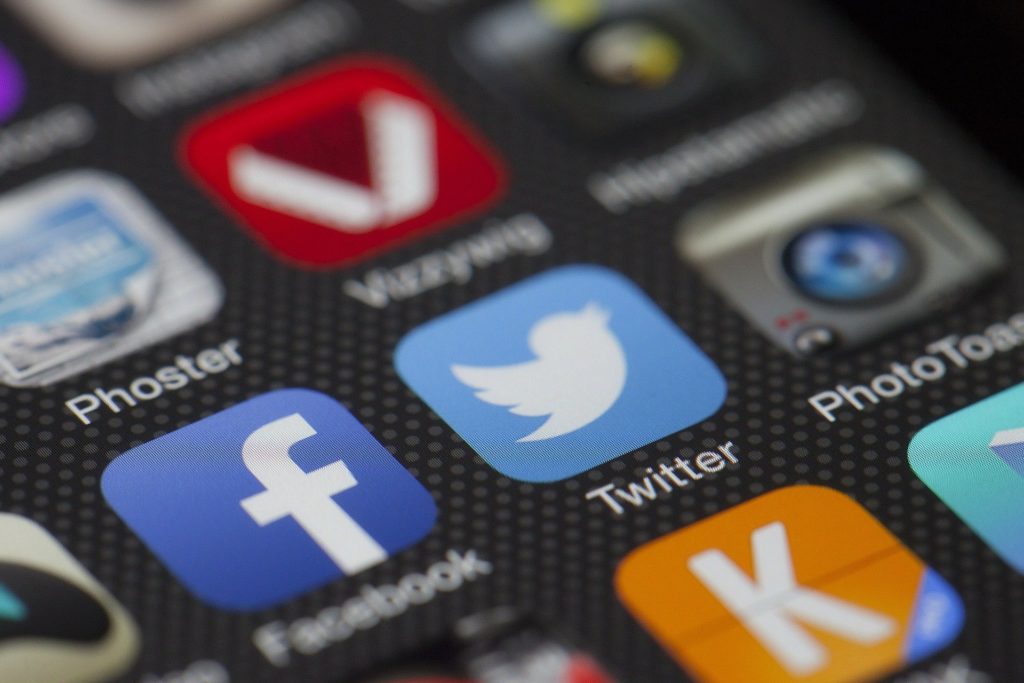Online freedom in India is in peril — constitutional courts must intervene and protect the rights of millions.
Twitter’s legal challenge against the Indian government’s blocking orders comes against the backdrop of rising digital authoritarianism, and imminent threats to free speech. The court must declare the government’s overbroad censorship actions as unconstitutional, and bring to light authorities’ abuse of power online.
The Indian government and Twitter have locked horns in the past, but this case is not about one Big Tech firm versus the Indian government. It is about protecting human rights, and holding the Indian Ministry for Electronics and Information Technology to account for abusing its already flawed web censorship powers under India’s Information Technology Act.
“A democracy cannot survive without free expression, and the current wave of digital authoritarianism in India puts the world’s largest democracy at risk,” said Raman Jit Singh Chima, Senior International Counsel and Asia Pacific Policy Director at Access Now. “Authorities are targeting people for content posted online, and regularly intimidating web platforms and social media services into complying with its censorship through rights-violative tools such as the IT Rules and other provisions of the Information Technology Act. Today, Twitter is standing up for the population and doing what should be the government’s job: safeguarding our rights.”
Over recent years, there has been a significant increase in web censorship orders issued to social media companies and web hosts, including specifically targeting journalists, media organisations, lawful protest groups, and opposition lawmakers — both the content, and entire accounts. The Indian government refuses to make these orders public; rarely — if ever — notifies the individuals it is seeking to censor; and continually shrugs off calls for independent review or judicial supervision of its expanding web censorship. The government handed Twitter over 17,000 blocking orders between January 2017 and June 2021. In 2020, 9,849 social media accounts were blocked, a jump of nearly 2,000% since 2014.
“The journey and outcome of Twitter’s challenge in court will play a role in shaping the future of human rights online in India,” said Namrata Maheshwari, Asia Pacific Policy Counsel at Access Now. “Any attempts to block online content and accounts that do not meet the test of necessity and proportionality — required under India’s constitution and international human rights law — must be prohibited. The vision of Digital India cannot be meaningfully achieved if people are not at its core.”
Twitter and other social media platforms wield significant power over people’s rights, and have a clear responsibility to protect them — including challenging orders or state practices that violate fundamental rights in the countries they operate in. There is a rapidly expanding environment of over-censorship and self-censorship in India. The judiciary, government, and technology providers and companies must do everything they can to fulfill their obligation to protect people’s rights and freedoms.
